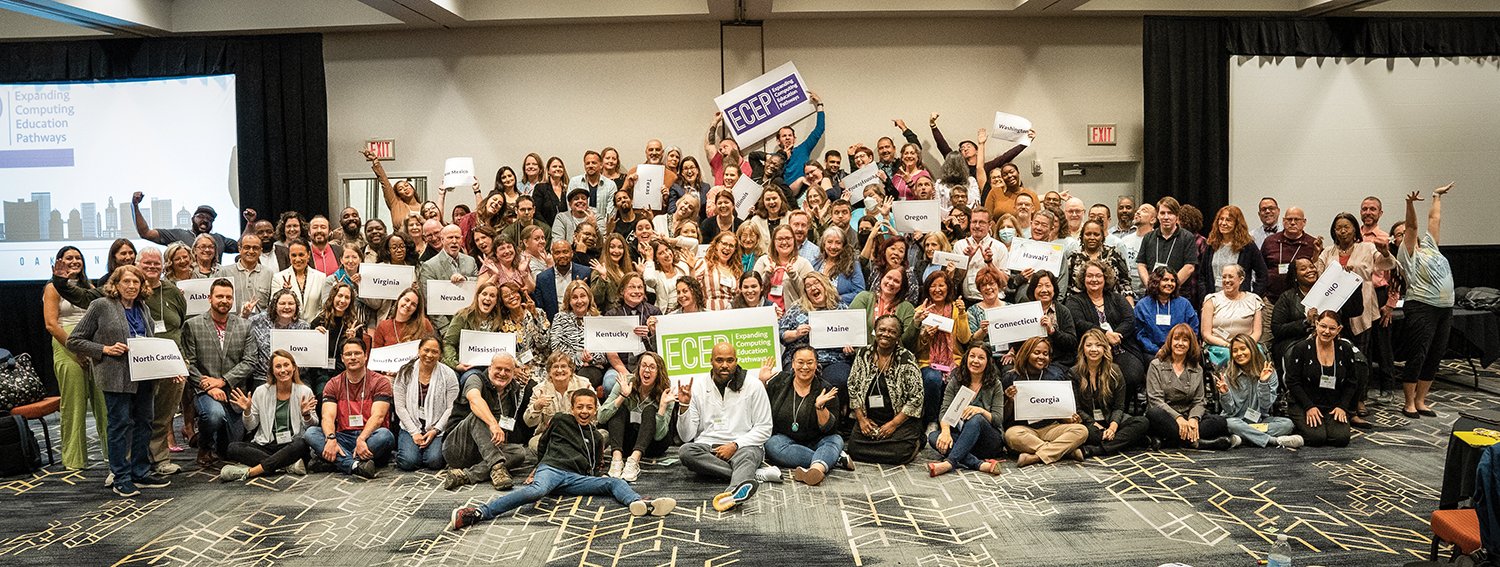People & Programs
Damian Hopkins
Growing Equity in Computer Science
ECEP Alliance adds new states to broaden participation in K-16 computing

The Expanding Computing Education Pathways (ECEP) Alliance works to facilitate systemic change in increasing the diversity of students pursuing education in computer science. ECEP is one of the NSF’s key programs to broaden participation in computing.
In 2023, the Alliance increased membership to a total of 29 states and the territory of Puerto Rico. Seven new states — Illinois, Iowa, Kentucky, Maine, New Mexico, Pennsylvania, and Wisconsin — have joined ECEP and committed to its mission of broadening participation in K-16 computing.

“ECEP’s data-driven and context-specific approaches help state policymakers identify which students are missing from K-16 computing pathways,” said NSF Program Officer Allyson Kennedy. “NSF deeply appreciates ECEP’s integral role in supporting the vital mission to broaden participation in computing.”
The work these state leaders do to untangle the factors that produce inequitable outcomes for marginalized students is nothing short of remarkable. They hope to bring all 50 states on as members in the coming years.
ECEP examines state data to identify student populations that have not previously been included in computing pathways.
It explores educational policies to determine the root causes of disparities in access and participation in computer science education. And it identifies equity-explicit policies to address systemic barriers.
“ECEP states build the teams needed to advance computer science education and educational policy reform,” said Sarah Dunton, director of the ECEP Alliance. “This diversity of voices and expertise helps states to focus conversations on equity in computer science education and build sustainable strategies.”
Said Nicole Brenner, Google.org’s education manager, “We're excited to continue our support of ECEP's critical work to empower state leaders and educators to drive systemic change. We believe deeply in our collective responsibility to expand access to computer science education across the country, especially for communities underrepresented in technical fields.”
Learn More at: ecepalliance.org

